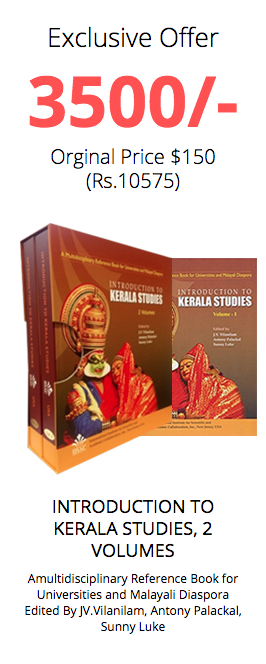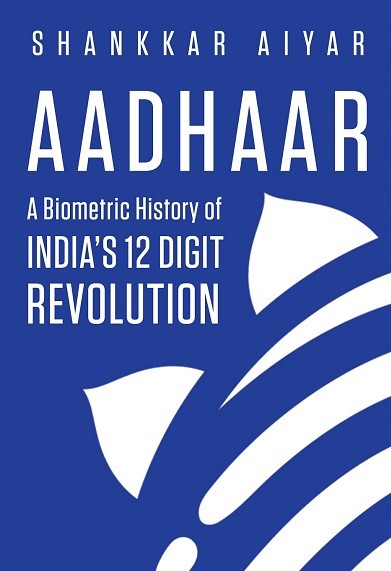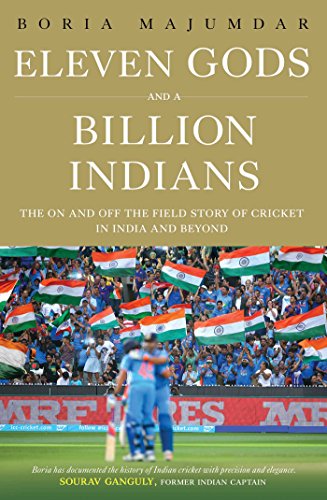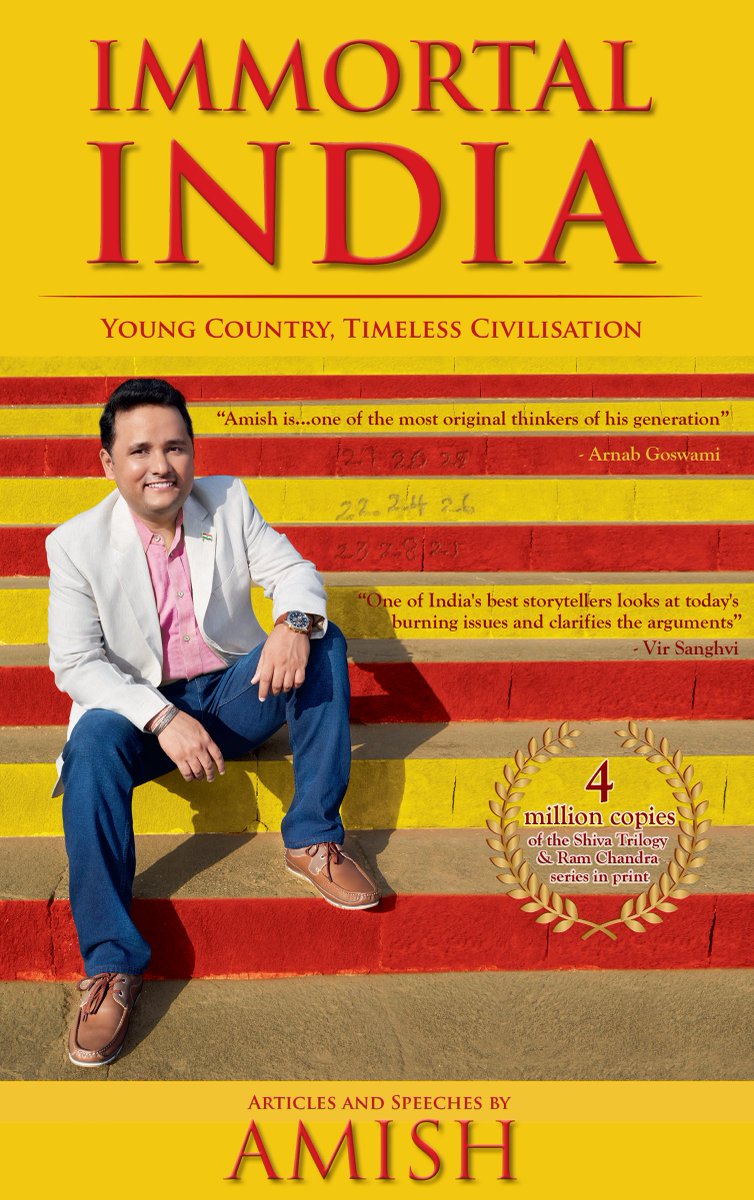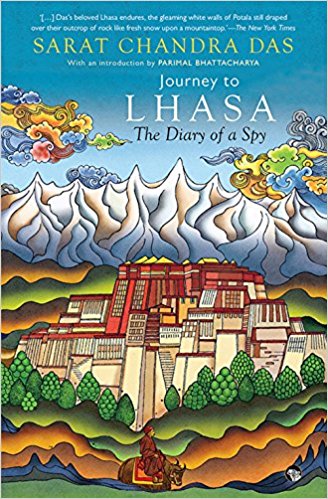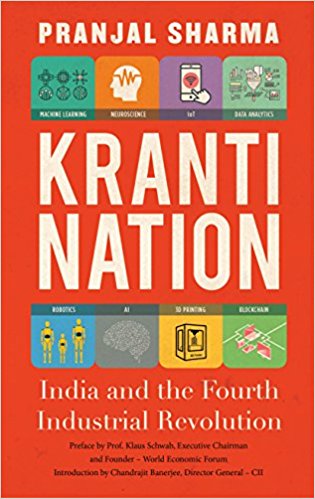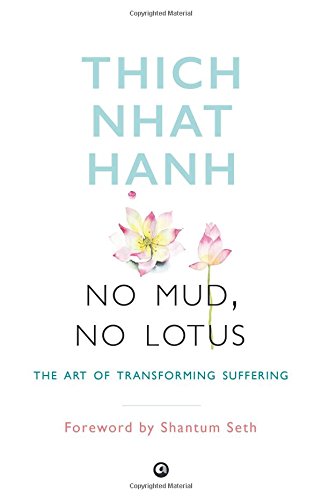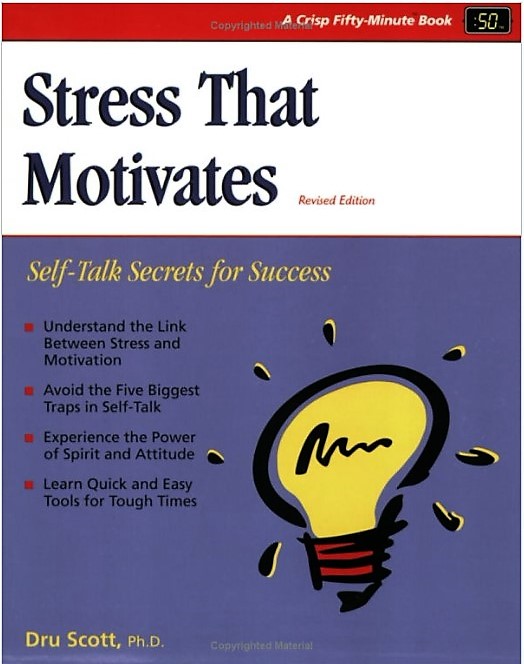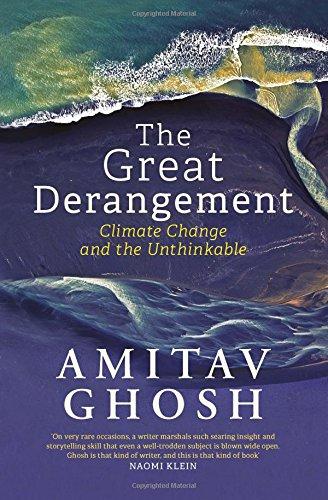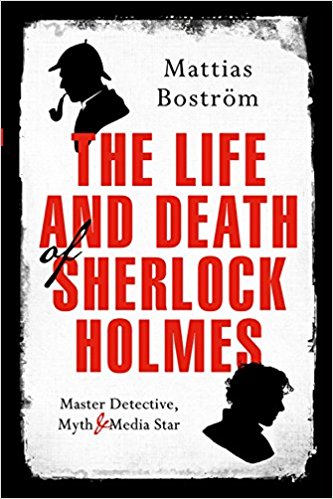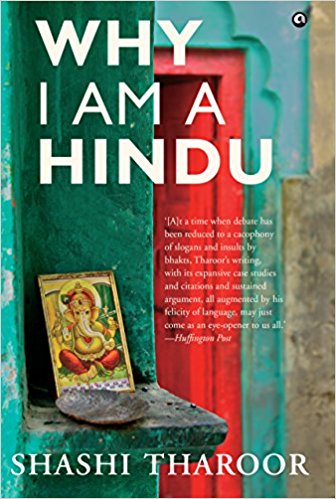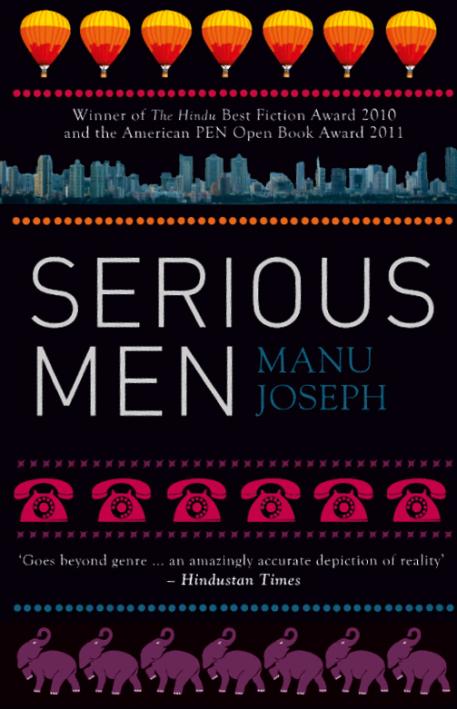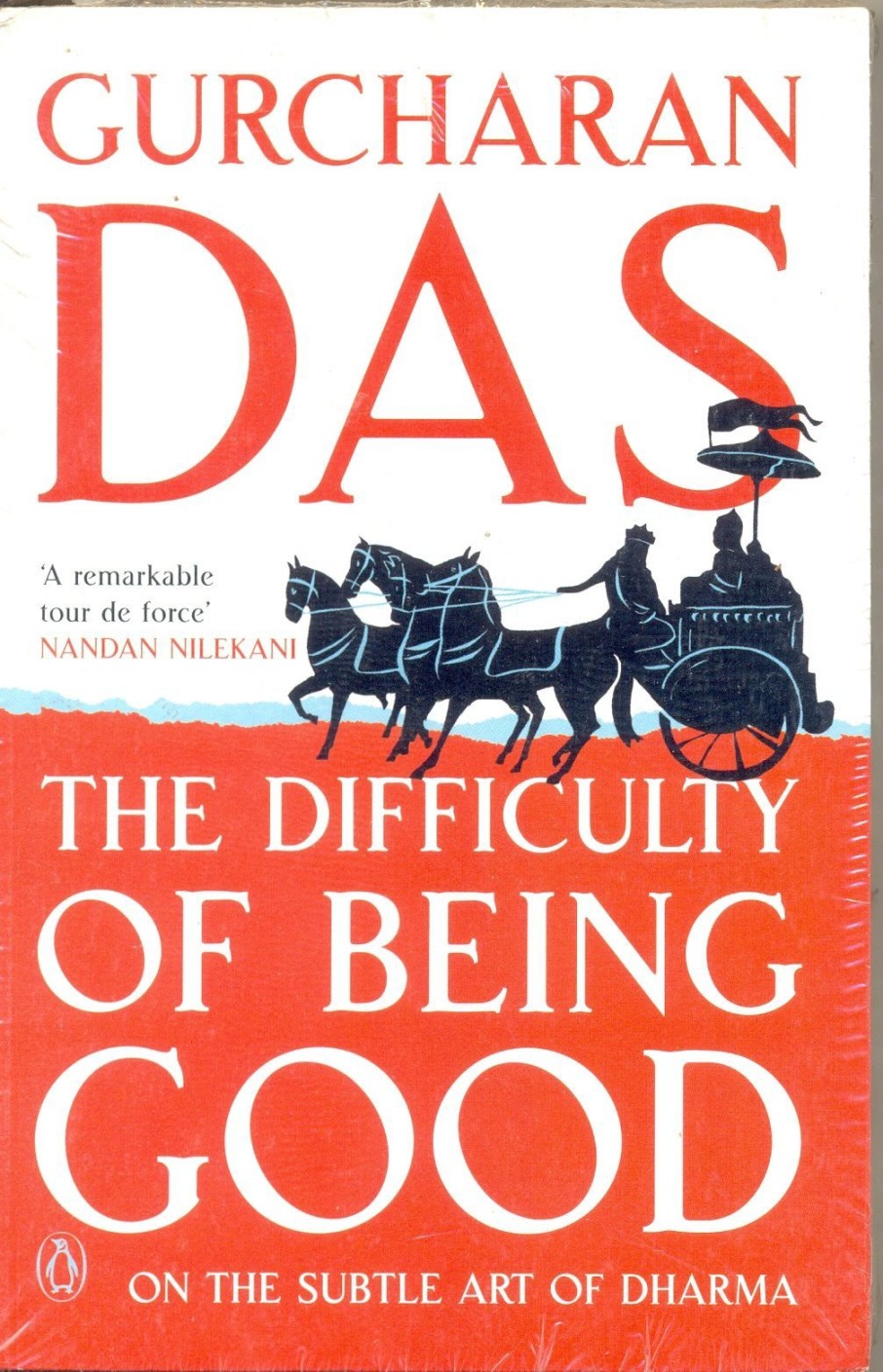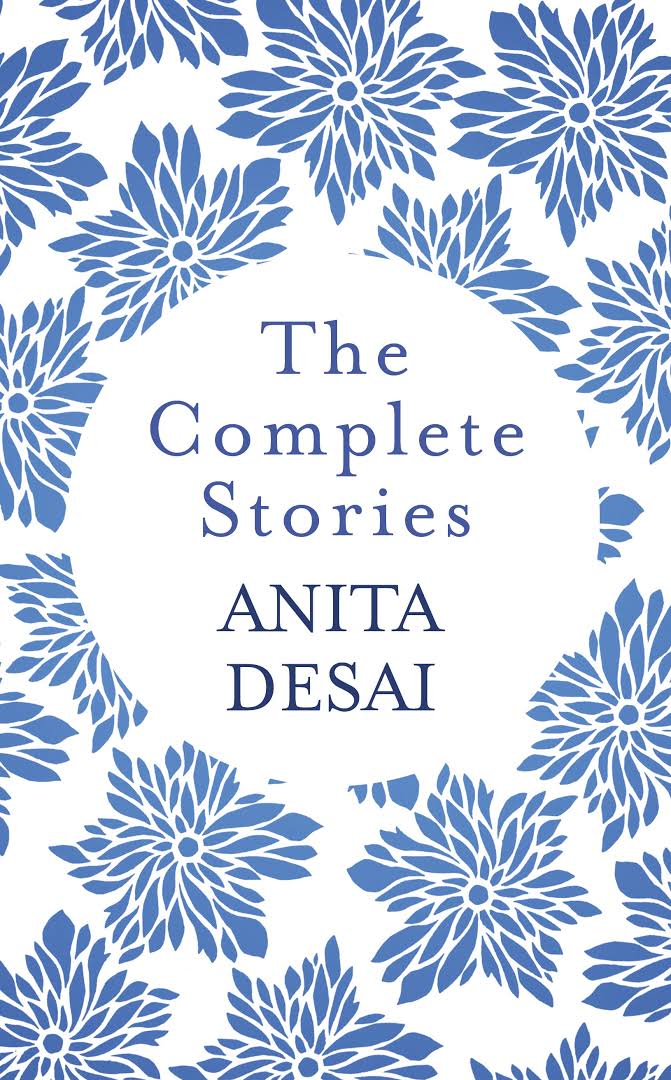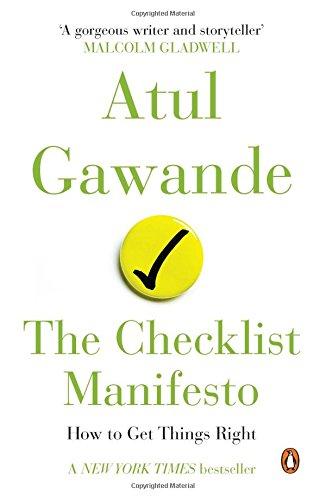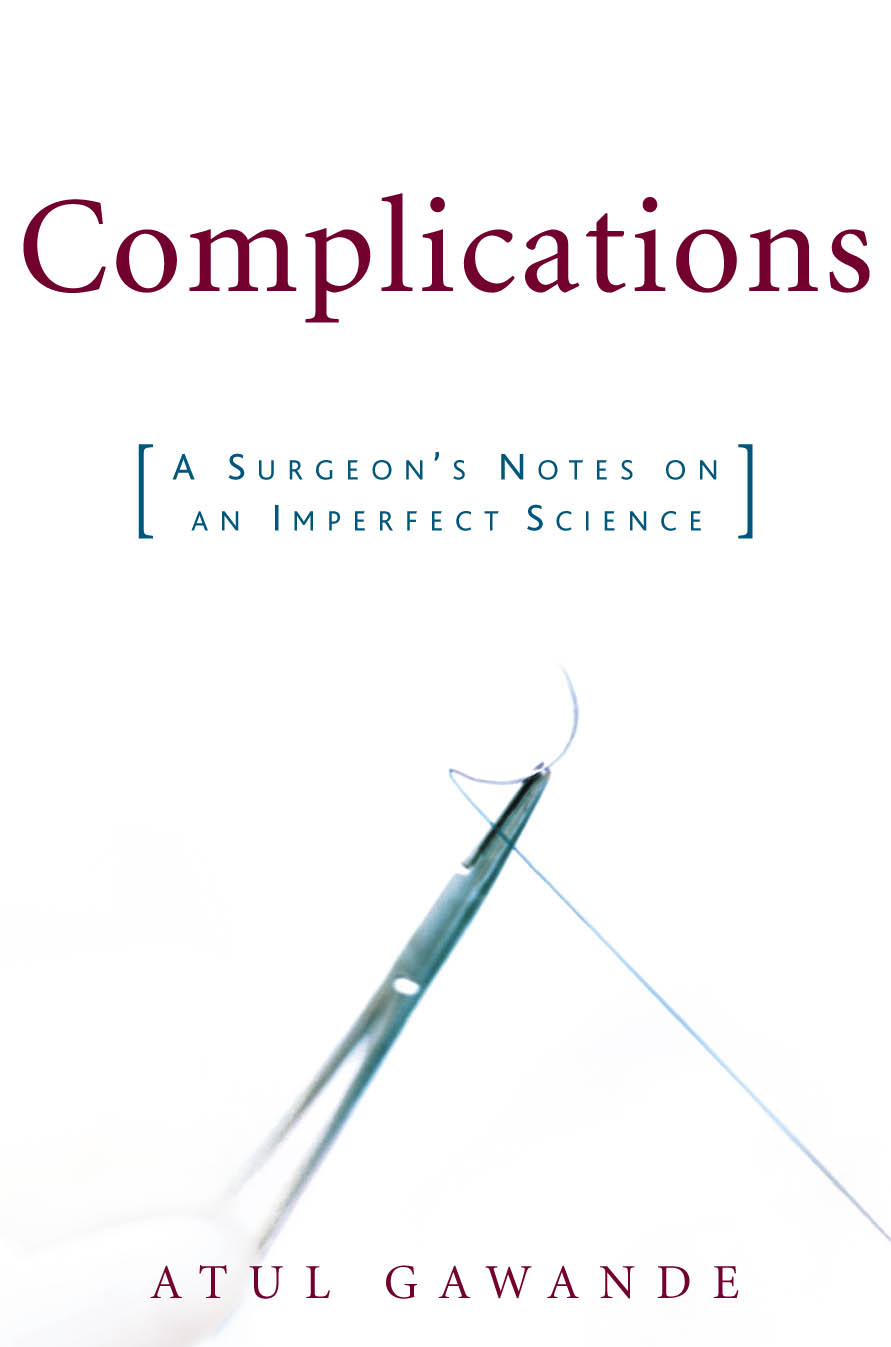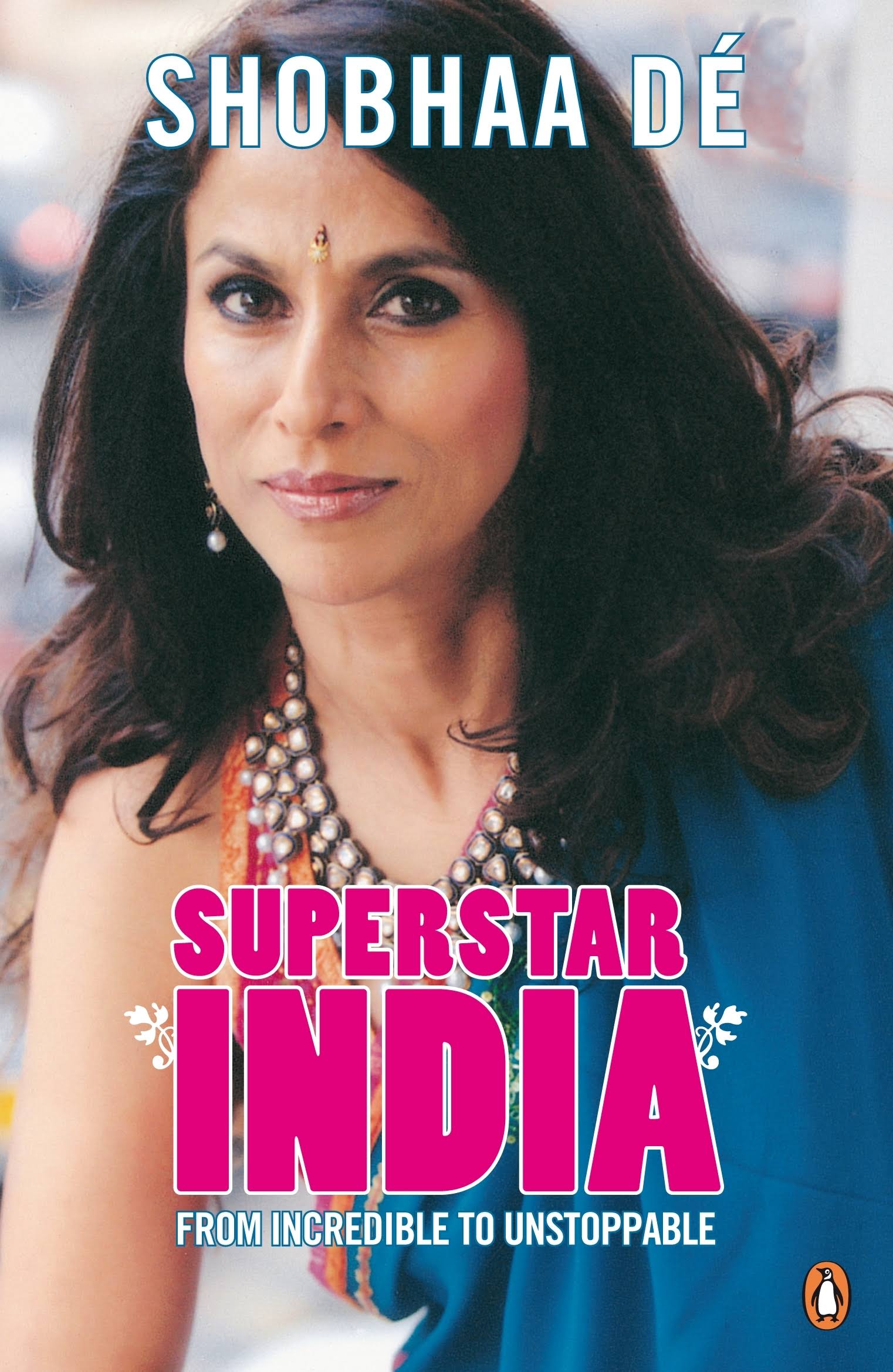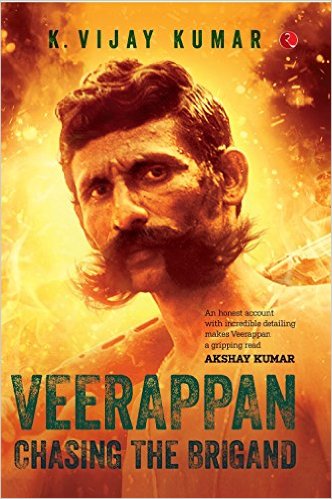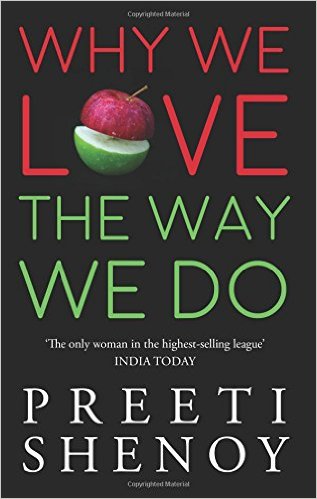Josh Karp first played golf in the sixth grade before going on to become one of the worst players on some very bad high school and college golf teams. In his early twenties, his handicap hit 18, where it remained until he went to work on this book, which helped bring it down to 11.
In this hilarious memoir, journalist Karp tries it all—from quantum physics to the Feldenkrais Method—in an attempt to transform his mind-set, lower his score, and tap into the mystical connection between golf and spirituality.
Throughout the ages, the arts of Zen and meditation have helped warriors prepare for battle, brought philosophers to enlightenment, and opened the path to inner peace for countless practitioners. Perhaps most important, however, they have allowed golfers to transcend their game and shave precious strokes off their handicap.
Assisted by a quirky roster of Zen-influenced golf masters, this journey of a common man in search of an uncommon kingdom across the fairways of North America (and Scotland, of course!) is funny and enlightening, inspired and frustrating, yet always entertaining.

